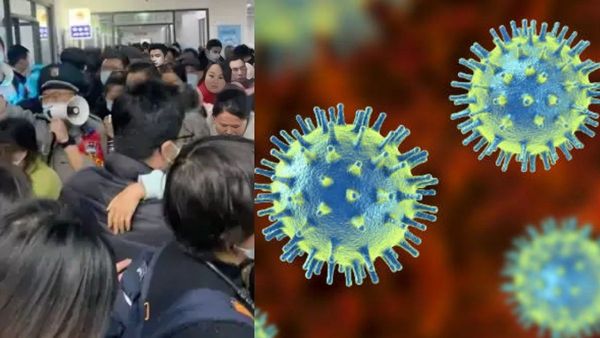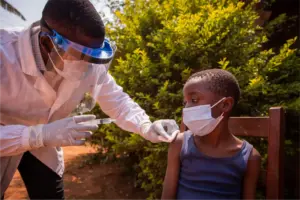
The World Health Organization (WHO) has confirmed that there is no unusual outbreak pattern for Human Metapneumovirus (HMPV) in China, alleviating global concerns about the virus. In its latest disease outbreak report, WHO stated that it remains in regular contact with Chinese health authorities, who have reported no signs of their healthcare system being overwhelmed. Furthermore, no emergency declarations or responses have been triggered in the country.
According to WHO, respiratory illnesses, including those caused by HMPV, have risen in northern provinces of China as winter progresses. However, these increases are within the expected range for the season. Acute respiratory infections and detections of seasonal pathogens such as influenza, rhinovirus, and HMPV have shown predictable seasonal trends, with influenza currently being the most commonly detected pathogen in China.
HMPV, a respiratory virus that typically circulates during winter and spring, often causes mild symptoms resembling the common cold. While some individuals, particularly those with bronchitis or pneumonia, may require hospitalization, most cases resolve within a few days. WHO noted that HMPV is a common virus globally, though not all countries test for it routinely or publish data on its prevalence.
The organization also addressed speculations regarding a surge in respiratory infections overwhelming Chinese hospitals, asserting that China’s healthcare infrastructure remains robust. The country employs an established sentinel surveillance system for tracking influenza-like illness (ILI) and severe acute respiratory infections (SARI), including HMPV. Detailed virological surveillance reports are published weekly by the China Center for Disease Control and Prevention (CDC).
As part of its global effort, WHO continues to monitor respiratory illnesses at international, regional, and country levels through collaborative surveillance systems. It emphasized that the current situation remains under control and does not warrant any immediate public health emergency.
Stay updated on this evolving health story and explore more expert insights, blogs, and videos on our health portal.








